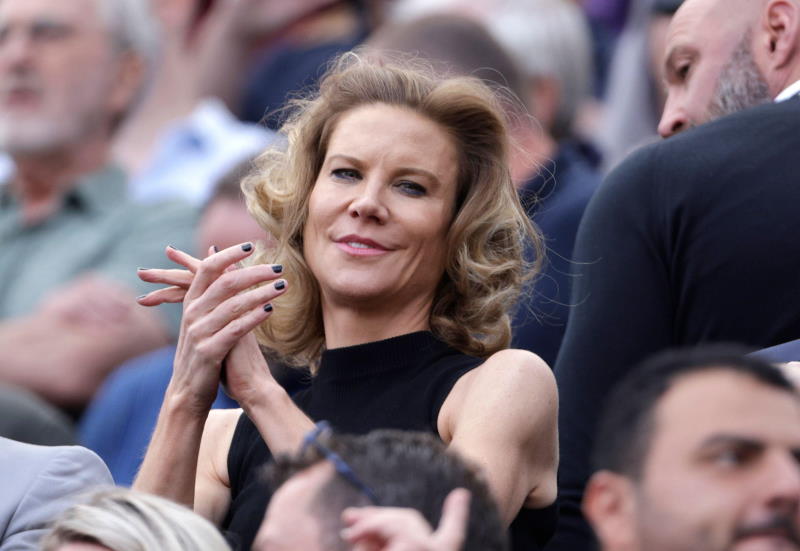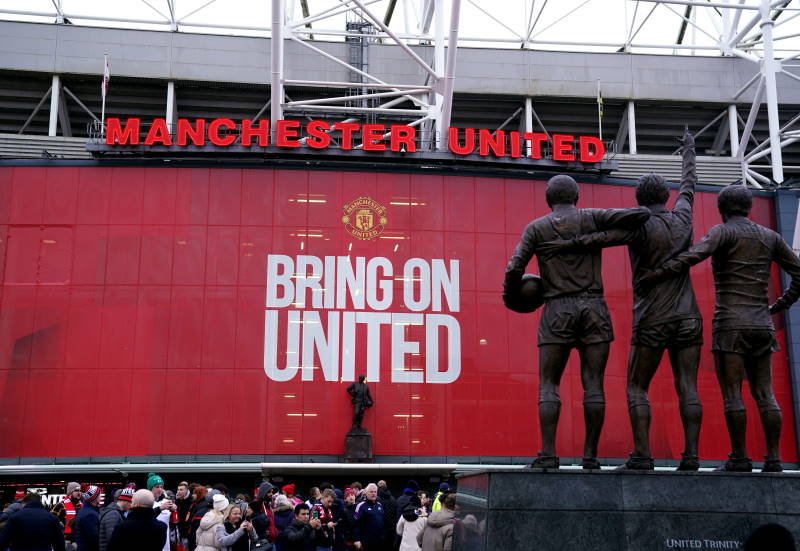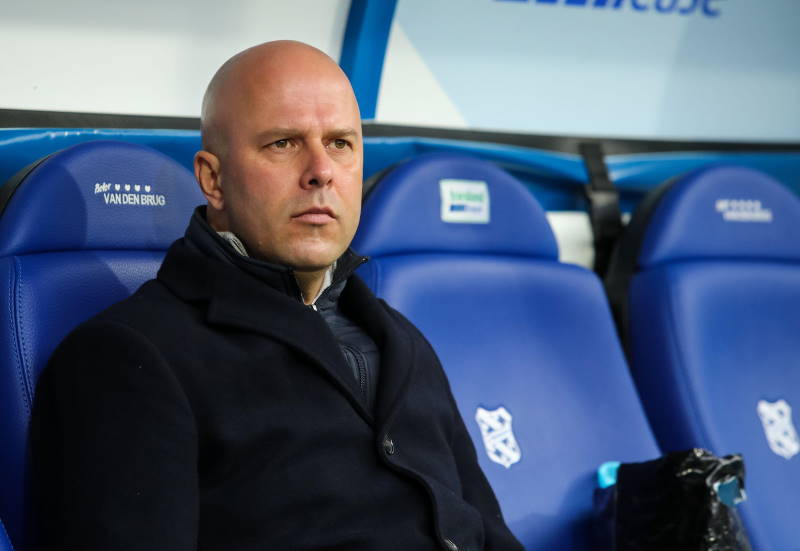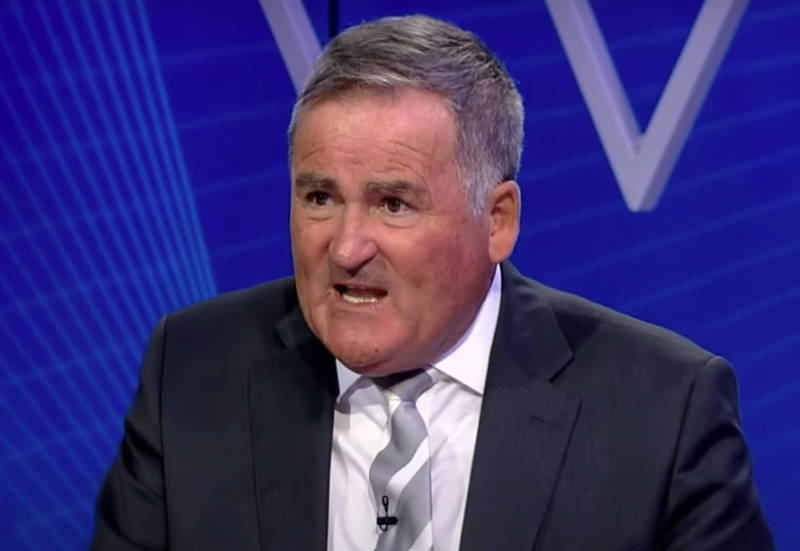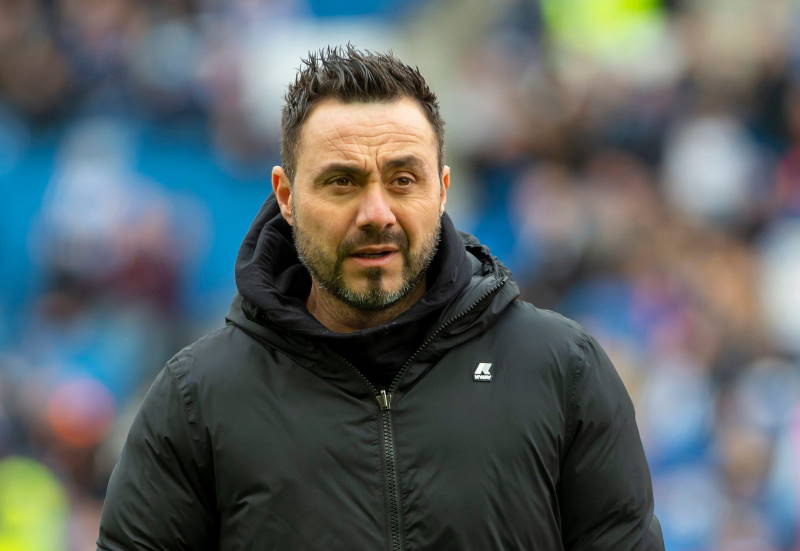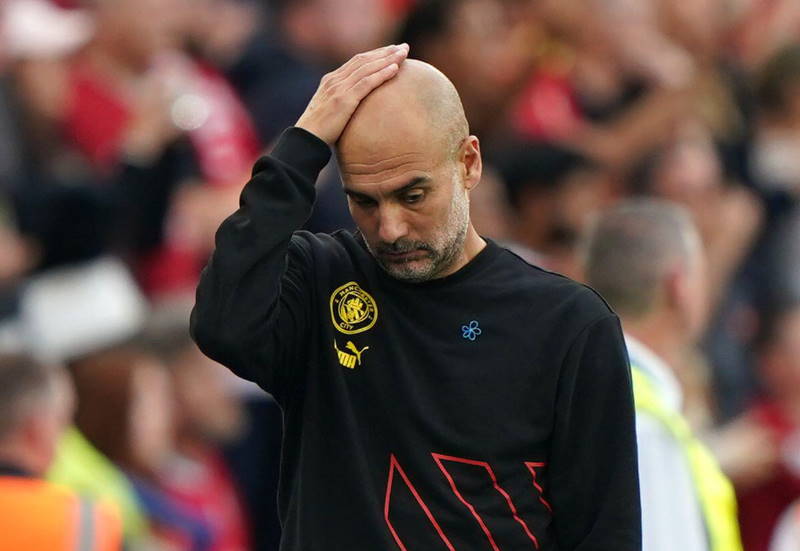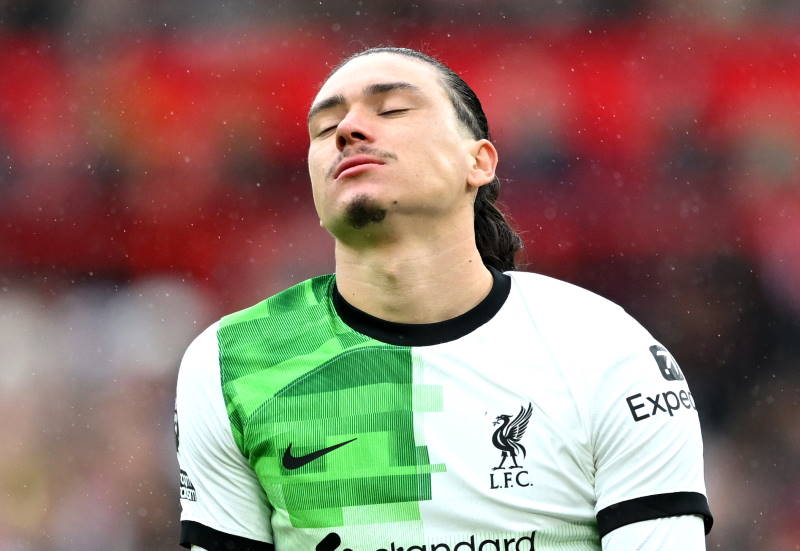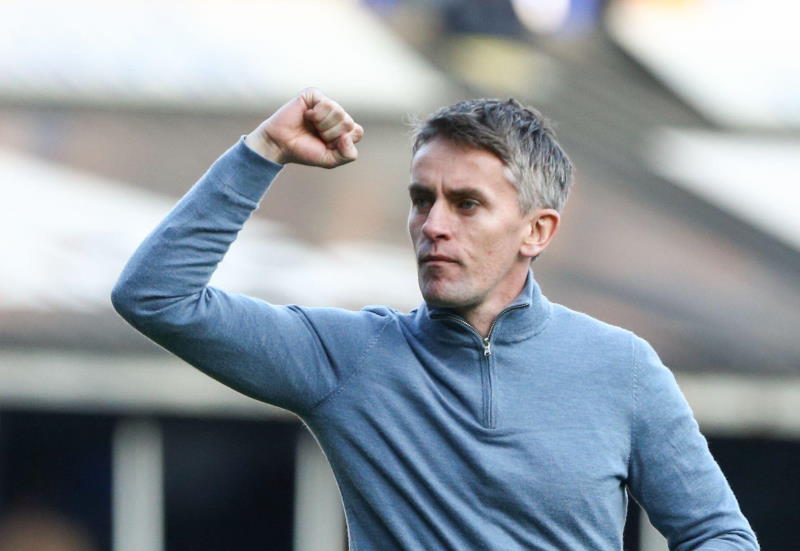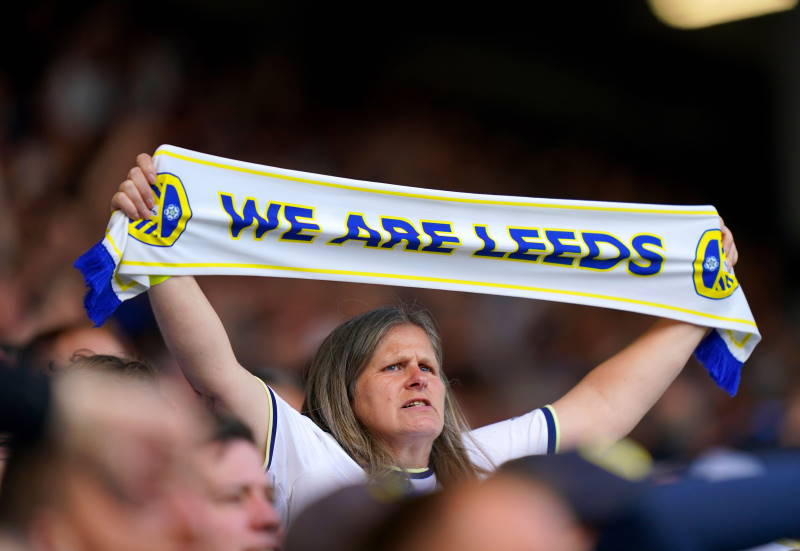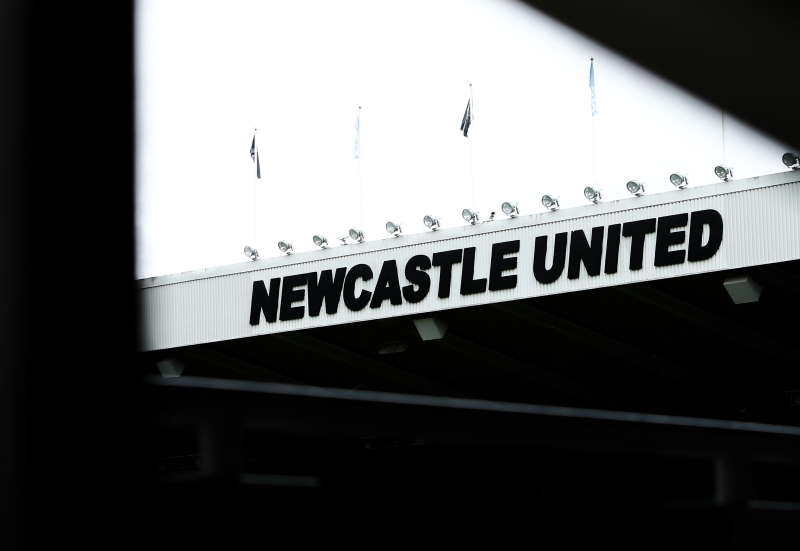
Robert Dillon
Whilst there are plenty of European leagues in which the title often becomes a shoot-out between the same two or three teams on a regular basis, it is rare for one team to assert their dominance completely over an extended period of time. The reasons are simple enough – players and managers move on, other teams push harder to close the gap, new investors come into the league – it is hardly surprising that even in Scotland, a country in which history has been dominated by the Old Firm of Celtic and Rangers, title-winning streaks of more than three seasons are hard to come by and heavily celebrated.
It is rarer still that these periods of dominance are enjoyed by teams with little or no history in the game. Celtic and Rangers have a rivalry dating back over a century and so have a firmly-established fanbase, the likes of Manchester United and Liverpool in England, and Real Madrid and Barcelona in Spain have intertwining histories and a clear reason for their success, while the Spartak Moscow side that dominated Russian football in the 1990s had the benefits of a collapsing Soviet system, financial clout and a once-in-a-lifetime youth squad capable of greatness. Other teams may burst onto the scene on the back of wealthy investors, but the domination is rarely instant in a competitive league, and there is always the risk that the bubble will burst or that marquee signings will prefer joining existing legacies to creating new ones.
BATE Borisov are therefore something of an exceptional case. Formed in the Soviet Union as recently as 1973, the team enjoyed rapid success, promoted into the top flight of the Belarusian league and then winning the republican championship with an impressive record in their first season. The following year BATE dropped down to fifth place, but from then on were a permanent fixture in the upper echelons of Soviet Belarusian football. Two more titles followed in the next five years, but by 1981 the club ceased to exist, simply disbanded by those in power and left to remain a footnote in the vast history of Soviet football.
With the USSR’s own chapter also drawing to a close, the Belarusian league underwent a process not entirely dissimilar to that taking place in neighbouring Russia. A competitive league in the Soviet era turned rapidly into single team domination as a powerful Dynamo Minsk side claimed not only their first title since 1975, but six of the first seven in an independent Belarus. The prestige attached to the Dynamo name combined with their location in the capital made them the dominant force in the new country, with imports far more likely to head to Minsk than places such as Soligorsk or Zhodino.
Even Dynamo’s former second string, separated and renamed Dynamo-93, were able to share in their success, finishing runners-up to their former parent team in the 1993/94 season, and claiming the national cup a year later. However, Dynamo were unable to maintain their high standards, key players attracted attention from overseas, and the squad which had earned them their prominent position was quickly broken down as stars left for foreign climes.
For the Belarusian league, it could not have happened at a better time. In 1996, the year in which Dynamo first surrendered their title before winning it back the following season, the Borisov Works of Automobile and Tractor Electric Equipment decided to once again form the team which would bear their acronym, and the year after modern-day Slavia Mozyr clinched their first top flight title, the new BATE stormed to the second tier championship, earning promotion at the first attempt and putting them in direct competition with Dynamo at the top of the Belarusian game.
In their first season rubbing shoulders with the country’s elite, BATE finished runners-up to a new champion, Dnepr Mogilev, with Dynamo slumping to mid-table and looking a shadow of the side which claimed five titles in a row just years before. The following season was a resounding success for the Borisov side – losing just one game all season under manager Yuri Puntus, whose sole previous managerial job was as head coach of a small fishing village on the Russian island and former penal colony of Sakhalin – as BATE swept to the title with a 12-point lead over their nearest rivals. Two top-three finishes followed before a second title arrived in 2002, and although BATE could not capitalise immediately on their successes, the seeds were sown for a type of domination rarely seen in competitive leagues.
Without ever jeopardising the finances of the club, BATE’s owners made the decision to increase the budget, with the joint aim of improving the club’s own youth development system and achieving consistent European football. In the 2002 Intertoto Cup, the new power caused a stir by thrashing German side 1860 Munich 4-1 on aggregate, but went out in the next round to Bologna, and their following Champions League campaign ended in disappointment at the first hurdle, defeat to Irish club Bohemians finishing BATE’s European aspirations for the season.
However, the new strategy was an attractive one to Belarusian players, and a whole host of talents arrived through both the front door and the youth system to give the Borisov-based outfit one of the country’s strongest squads. The likes of former Arsenal and Barcelona star Aliaksandr Hleb, Zenit St. Petersburg goalkeeper and national team captain Yuri Zhevnov, and star midfielder Sergei Krivets all played for the club at some point after the turn of the millennium, and with a potent combination of star power, big budgets and a strong youth set-up, BATE finally turned their recipe for success into genuine domination.
A league and cup double in 2006 signalled the start of the BATE era in Belarus, and since then the club have not looked back. From the opening day of the 2006 season, the Borisov side have lost just 20 of their 178 league matches, racking up more than 300 goals and rarely giving other teams even a sniff of their title. Key players have left the club in a steady flow over the years, but the money raised from sales has allowed the staff to replace quality with quality, and one of the most well-funded youth systems in Belarus has continued to add to the team’s pool of talent.
This has been made much easier by BATE’s eventual appearance in the group stages of the Champions League, negotiating three qualifying rounds in 2008/09 to become the first Belarusian club ever to reach the tournament proper. Drawn in a group with Real Madrid, Juventus and Zenit, the Belarus giants were expected to be the competition’s whipping boys, but two draws with the Italian giants and another with the Russians saw them depart with heads held high. Whilst they have been unable to guarantee regular qualification, a run to the Europa League knockout stages last season was only ended on away goals by Paris Saint-Germain, and a return to the premier competition this season will ensure that the club’s financial footing is safe for years to come.
Few would bet against the club retaining the league title despite their competitors strengthening each year, and if luck is on their side and their sensible approach to investment continued, BATE could become a fixture at Europe’s top table for the foreseeable future.

